“People will always ask me, what type of photographer are you? Are you a fashion photographer or are you a documentary photographer? And I find it very difficult to answer because I enjoy all aspects of photography,” Egyptian-German photographer Malak Kabbani says.
“For me, what I find essential is working with people. My work is very much about being honest with the person I’m photographing and getting to know them to give an accurate representation.”
Malak Kabbani’s devotion to visualizing the interconnectedness of humans and their life stories stems from her desire to capture personality – not simply a still image. Over the years, she has come to realize that photography is more than just about the lighting, composition, or arrangement; it is also about fostering connection with another human in an effort to drive emotion.
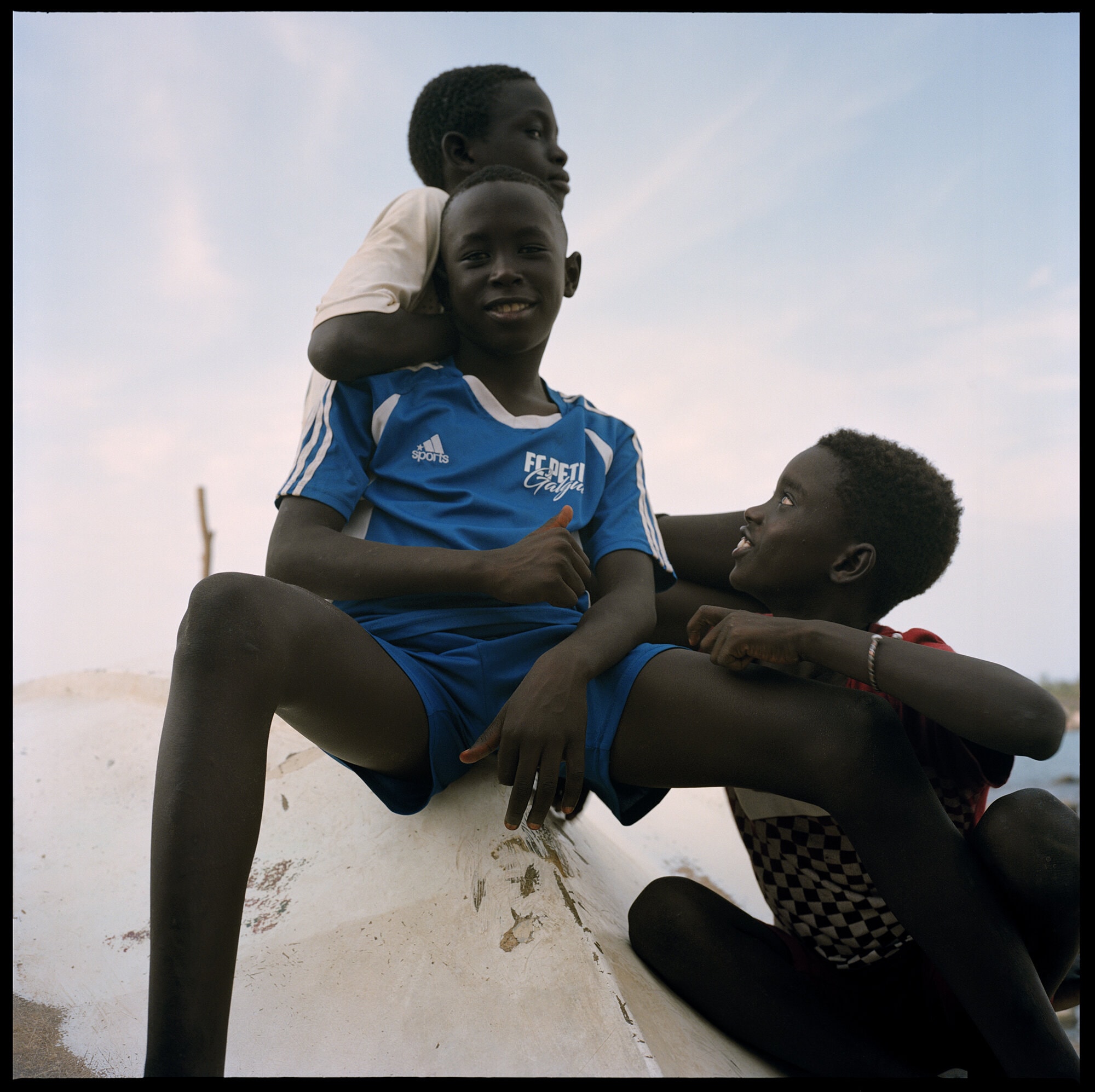
“There’s a lot of miscommunication in the world today, and I think that’s one of our biggest issues. So with my photography, I try not to approach anything with preconceived ideas because it’s more about my experience. People kind of tend to look at things and ask ‘why have you done that?’, but it doesn’t read this way to me, because it’s not always about other people. It’s about me and that person and that moment in time,” Kabbani explains.
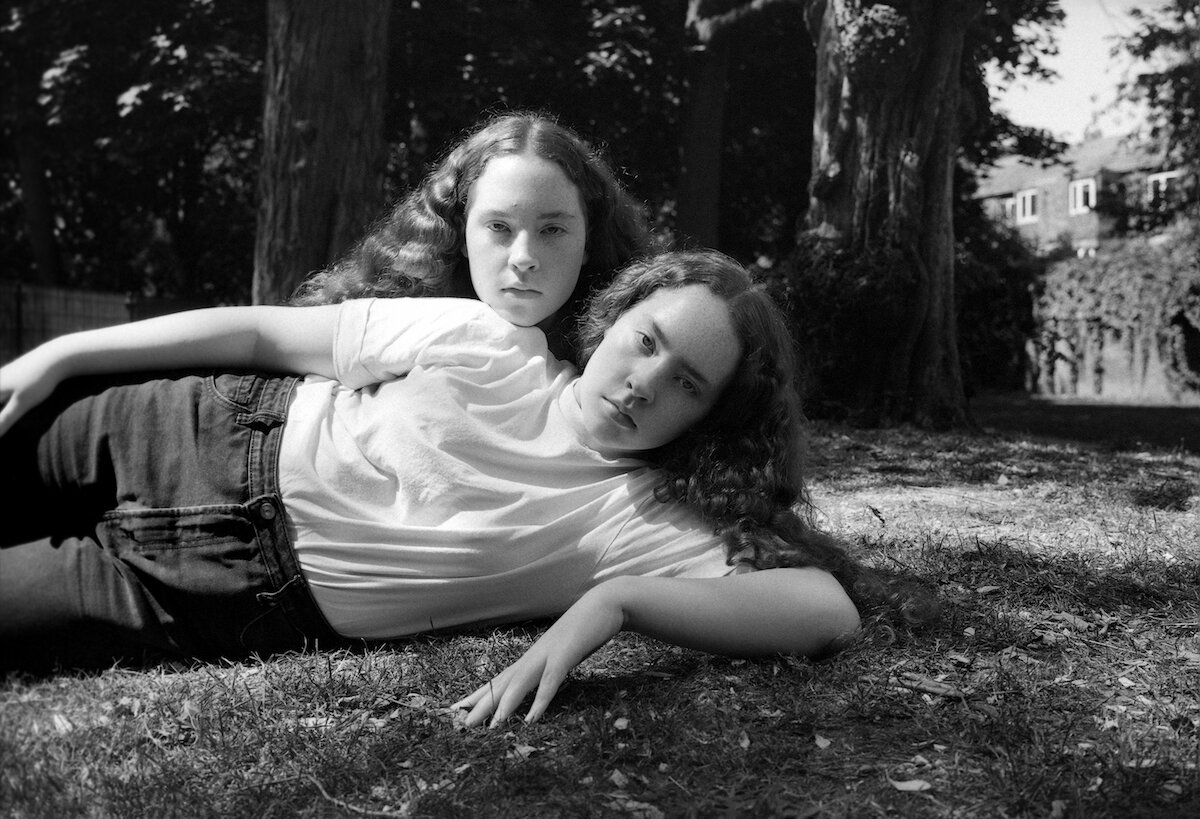

Egypt’s photography scene has been expanding most recently, particularly following the 2011 uprisings and the rise of social media. Being exposed to a wider global audience and seeing a variety of visual languages, some are starting to define their own independent visual reality that is quite detached from the social and political context, and define Egypt in a new visual angle for outside audiences.
Finding her very own visual language came about organically as she was trying to find her own artistic voice in painting and design.
“I went to Central St. Martins and they put me on a diagnostic course, which meant that I got to explore a few different courses. When it came to the photography part, I realized I could actually have a career out of photography, which was something I’d never even thought of in Egypt. Because for me, it was either advertising, food or weddings. It wasn’t like there was an expansion to that.”
After university, one of the main things that Kabbani struggled with was the big emphasis on having a certain aesthetic, which she didn’t think she had. Later on, she realized that it is her approach to pictures, rather than having a visual aesthetic, that pins her down and makes people respond and connect with her photography.
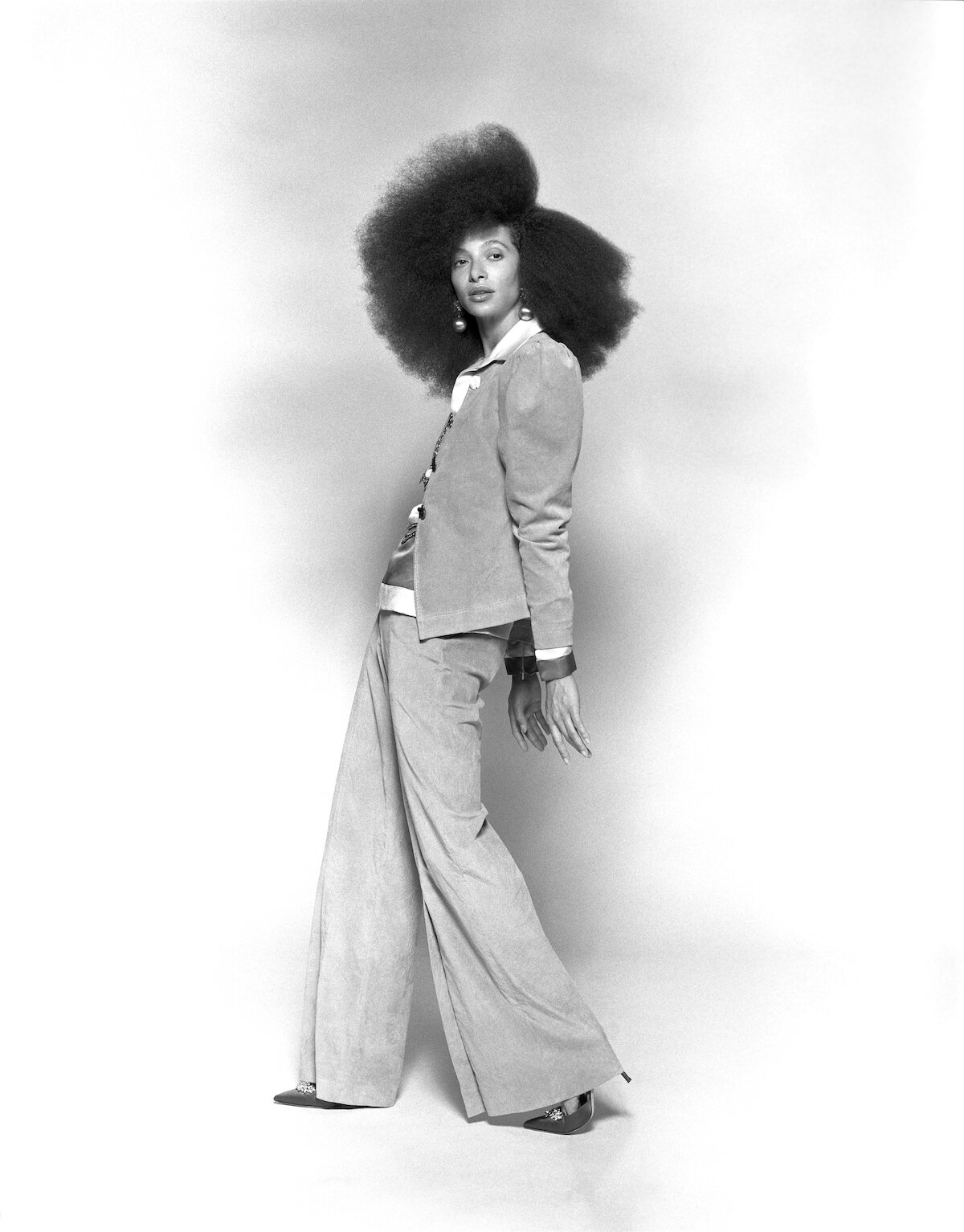
Currently, she works with renowned English photographer David Bailey, who has worked for Vogue and photographed album sleeve art for iconic musicians including The Rolling Stones.
“But in terms of a career, it is difficult. I think it’s difficult for anyone else out there, especially because […], there’s a lot more competition now. There’s a lot less availability for people. And you’re contending with a lot of things, like how will I be able to support myself,” she says.
“I obviously work with Bailey, but I also work with myself, and so it’s about splitting yourself and your creative time between two things. So it can get very tiring. But I enjoy it, and I don’t feel like I work. I enjoy everything,” she says.
Exploring streets and countries where humans connect emerged as a central theme in her photography, and she began weaving together a narrative of different styles of photography: street photography, fashion photography and portrait photography.
“I always try to make a connection with whoever I’m photographing, so I’ll either speak to them for a while before I take their picture or I’ll observe them. If I’m doing a documentary in the streets, it’s a bit more fast paced, so you don’t always have the opportunity to sit and talk with someone, but you can still form some sort of bond even just for a minute with how how you deal with them, how you present yourself, and how you approach them,” Kabbani explains.
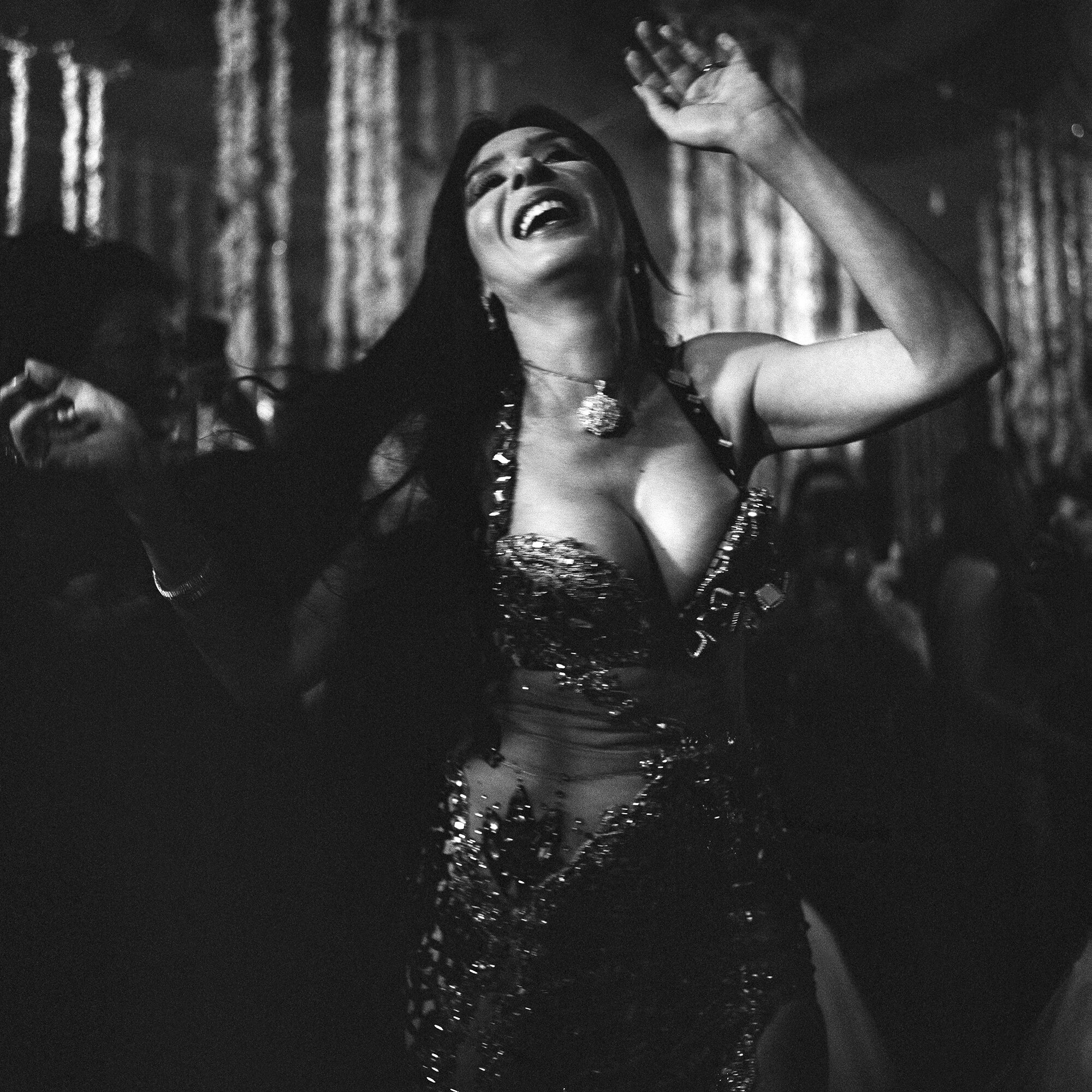
“In Egypt, the human aspect is never difficult because people have an open heart and love getting their picture taken, which is the best way I can describe it. Obviously, it’s also more difficult being a woman and taking pictures in the streets of Cairo. I’ve had my fair share of problems, but you navigate.” she adds.
Kabbani’s photography of Arab women also comes at a critical time where fashion photography and modeling is witnessing a renaissance, particularly since the launch of Vogue Arabia in 2016. She has worked with publications like Vogue and Elle in the region, and also worked on smaller projects with friends or women who she admires.
“I love shooting Arab and all women, but it’s very easy to create stereotypes, and it’s very easy to also create stereotypes of how stereotypes are meant to be broken. So I try to avoid getting lost in that and preemptively assuming something about someone and thinking ‘oh yeah, she’s an Arab woman. I want to make her look strong because I think so’. Instead, I want to see how she feels,” she says.
View this post on Instagram
“I want it to be about an experience with them and to have them feel comfortable with what I’m doing. Say in fashion, I’ll never take a picture of a girl in a dress that she’s not comfortable in because I won’t get a good picture. What’s the point? If she’s not comfortable, then it’s not what I should be doing.”
Creativity often stems from inspiration, and amidst the massive changes taking place in the region, it has become a lens into the human stories behind the scenes. To inspire future creatives in the region, Kabbani highlights the importance of having a ‘drive’.
“Being creative is all about being self-driven. There’s a lot of teamwork involved, so you have to be a good team player, but no one’s going to help motivate you. If you want to go and do something, you have to get out there and do it, and it will take time and it will take effort. But if you love it, it will be fun,” she says.
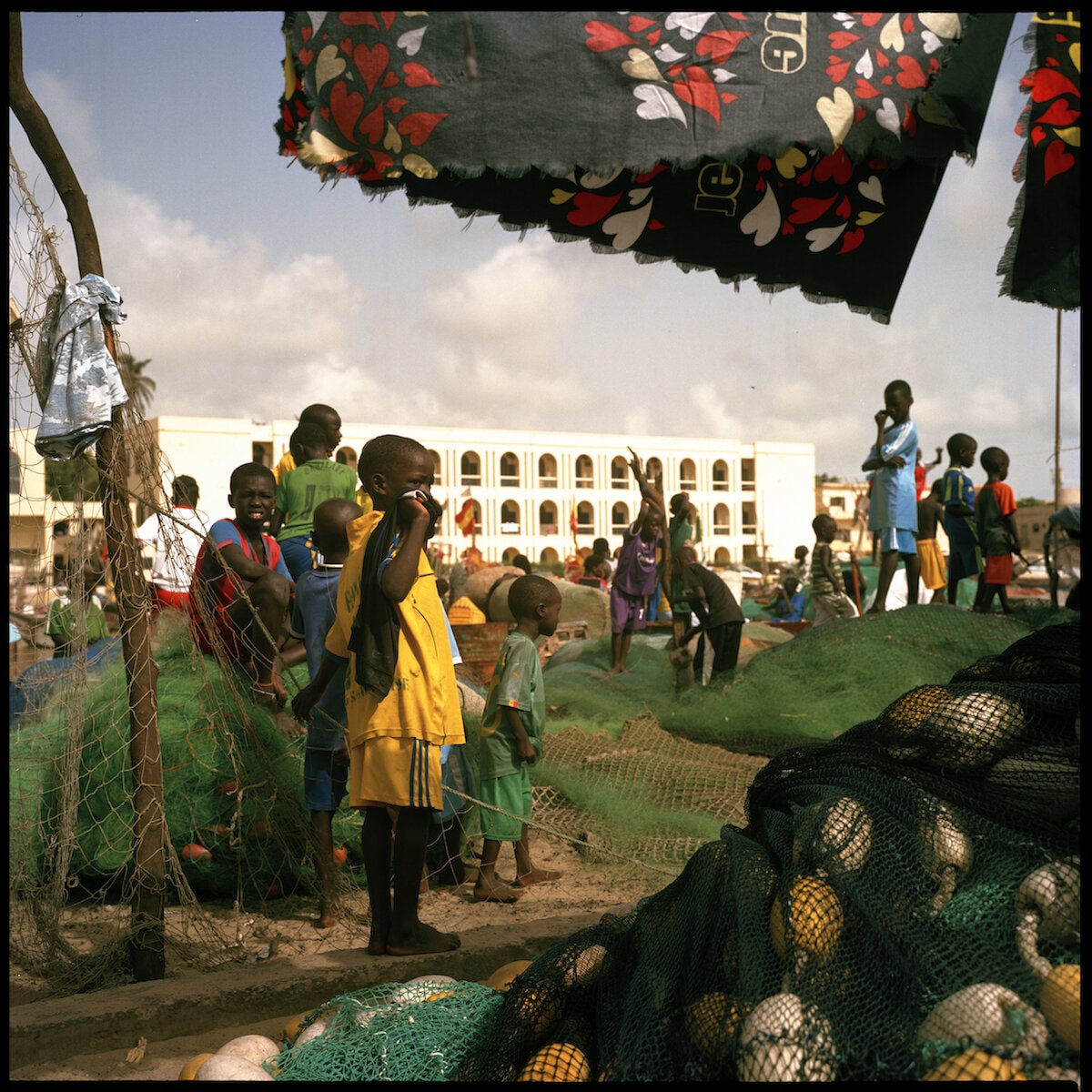




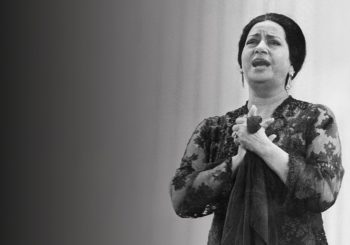
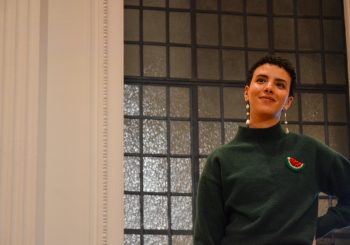
Comments (0)